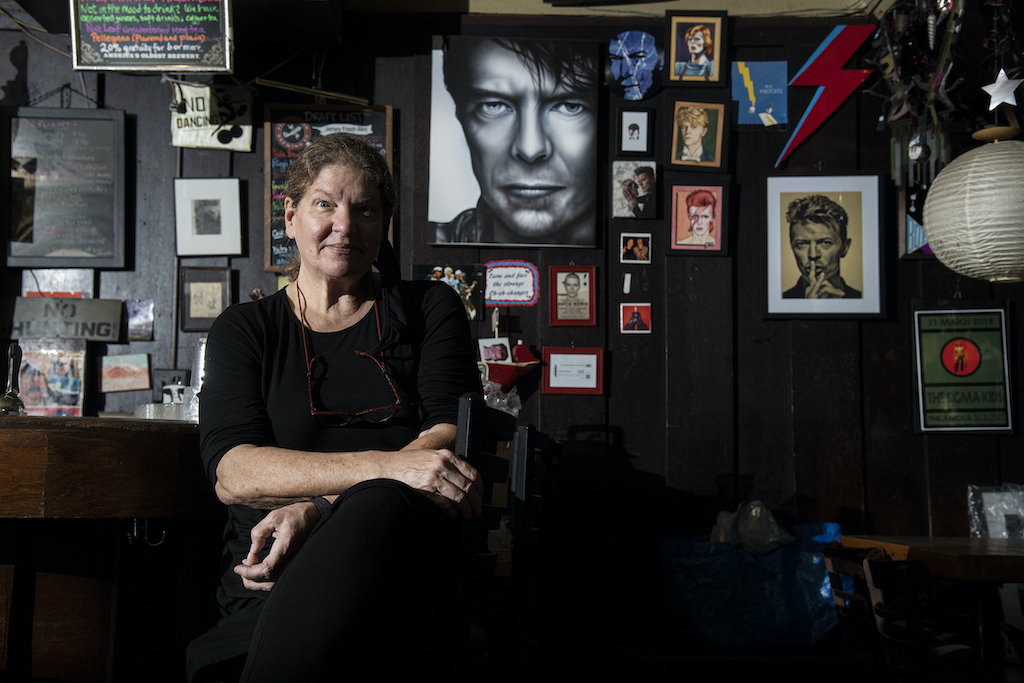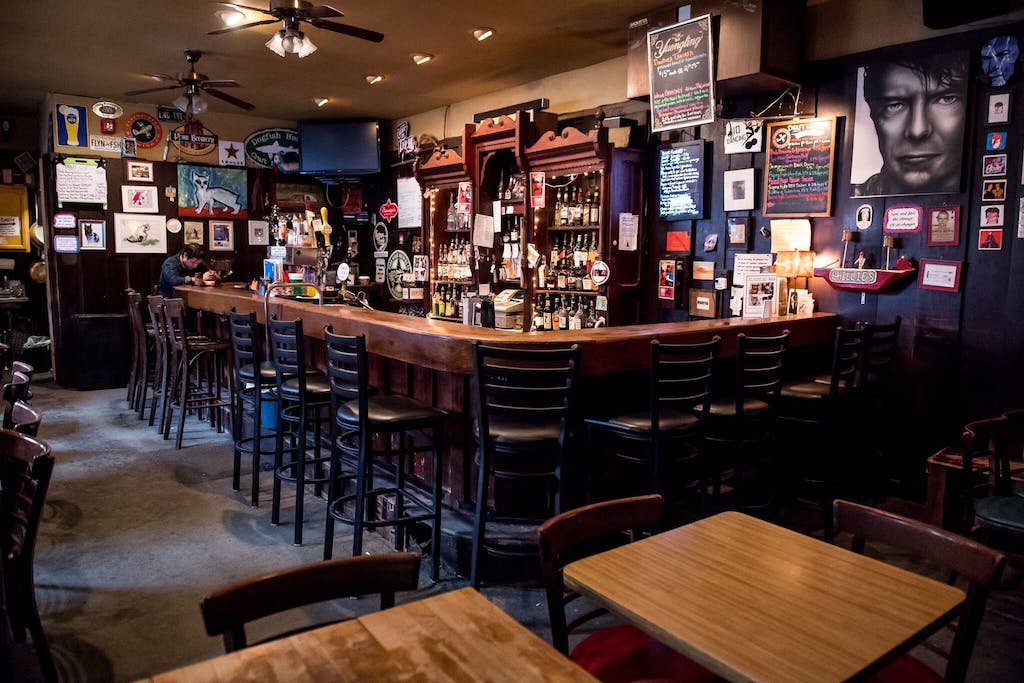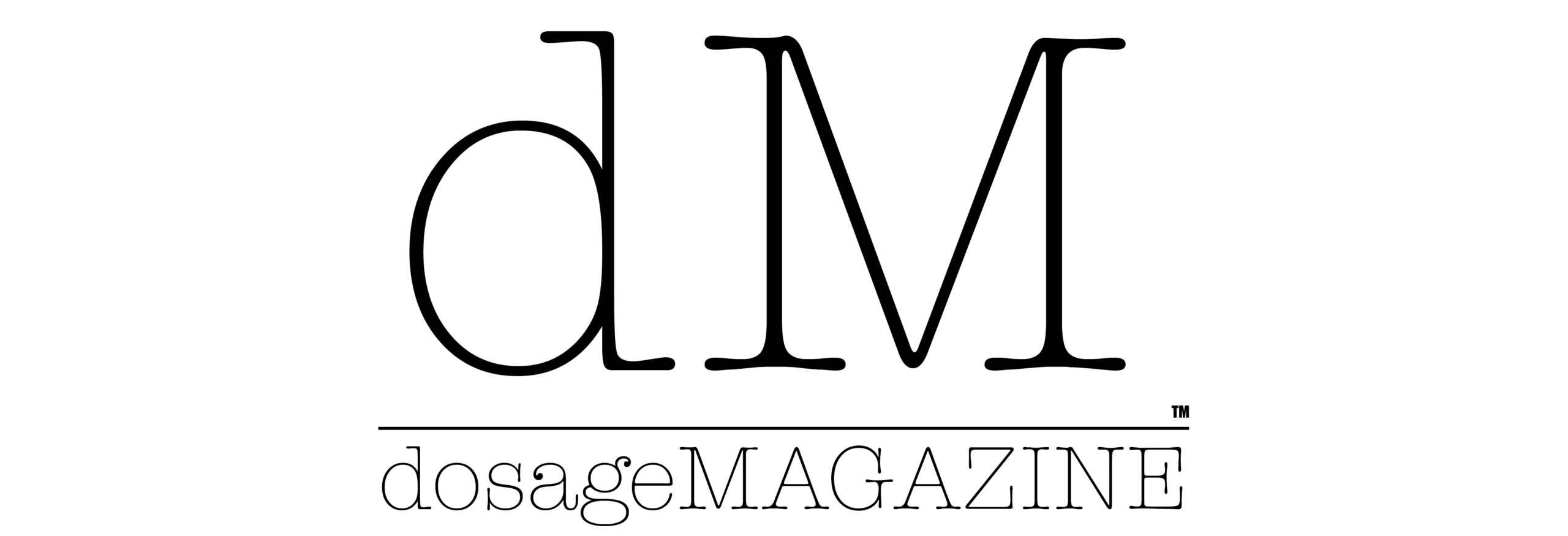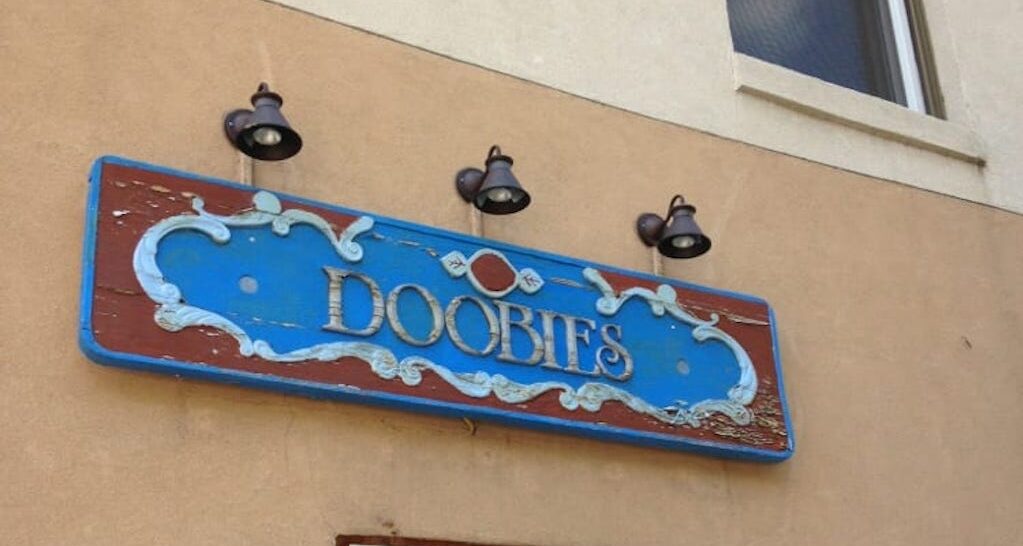COVID-19 cases may be on the rise, nationally and locally. We know that. That story hit home hard on the heels of having found out – no surprise – that our favorite saloon, Patti Brett’s Doobies at 22nd and Lombard, is straining to make ends meet during C-19’s quarantines and has had to go the way of the GoFundMe to survive, pay its bills. and maintain its footing as a tribute museum to David Bowie – with, may I add, its own BowieBeer.
Adding insult to injury is the continued Pennsylvania legislature veto of HB 2513, a bill set to restore the hospitality and private event industry to the standards that were in place before July 15 and allow indoor restaurant operations and private events to be restored to a minimum of 50% capacity with continued social distancing and barriers in use, eliminates the requirement that a meal must be purchased to get an alcoholic beverage in a bar, and allows for bar seating, again, with social distancing and barriers – and for bars to be open past the worst ever last-call, 11 p.m.

No one wants Philly to be sick, not at Doobies or any other boozy Philly hot boite. But, can a person get a cocktail at midnight?
PLEEEEEEEEEEEEEEEEEEEEEEEEEEEEEEEEEEEEEEASE!
To this end, I spoke with John Longstreet, the President and CEO of the Pennsylvania Restaurant and Lodging Association after the PRLA issued two back-to-back statements
“The failure to pass HB 2513 is devastating to the long-term survival of the restaurant, private event, and lodging industries. On behalf of the 30,000 businesses and 700,000 hospitality employees across the Commonwealth, the PRLA will not relent in speaking up for the struggling restaurant, private event and lodging industries. The PRLA will seek support and continue to advocate for reasonable, well researched, and common-sense health and safety standards for restaurants to operate at 50% capacity, eliminate self-certification, allow bar seating and remove the required meal with the purchase of alcohol. While the PRLA is grateful to the legislators who stood firm with the industry, we are incredibly disappointed in those who succumbed to misinformation and pressure from the Wolf administration and chose to change their votes.”
The next day, the PRLA offered this:
“PRLA has been advocating for a number of industry “lifelines” since March 19. It’s unfortunate that the Administration is only now, nearly 8 months later, taking our requests seriously. While our industry desperately needs support, these olive branches will not sustain businesses that are still reeling from closures, shrinking revenue, and well-intended but ineffective mitigation efforts unnecessarily targeting restaurant operators. For example, the $20 million in licensee fee waivers only accounts for 2021 fees, does not provide relief for 2020 fees, and only amounts to about $1,500 per licensee, which doesn’t compensate for the daily losses in revenue licensees are facing under the current orders. The PRLA has asked for federal and state funding packages. However, those only help if the industry is returned to the safe and rational operating guidelines from pre-July 15, which HB 2513 would have accomplished, and the majority of the legislature has recognized. A true lifeline for the industry would have been permitting HB 2513 to become law. If the restaurant industry is the backbone of Pennsylvania’s economy, then our Governor needs to understand our backs are broken.
A.D. Amorosi: You say in today’s statement that there is misinformation and pressure coming from the Wolf Administration Can you define what that misinformation is?
John Longstreet: The Wolf Administration said that HB 2513 would allow restaurants and bars to fully reopen at 100% capacity. This is false.
A.D. Amorosi: What truer information you can put forth?
John Longstreet: HB 2513 would allow restaurants, bars, and private events to operate at a minimum of 50%, with social distancing and barrier use. These operations could only exceed 50% capacity if the CDC and Pa. Secretary of Health allow it.
A.D. Amorosi: The situation with bars – the seating, the required meals, the last calls at 11 p.m. – is tragic, and arbitrary. What would you like to see ideally for PA and Philly bars, especially those owner-operators with the smallest of spaces at their command?
John Longstreet: Many of these smaller operations can’t even reach 50% occupancy without their bar seating. The original guidelines restaurants used to reopen in the green phase, back in June, took into account staff and patron safety by requiring a seat, using barriers at the bar, and keeping group size at the bar limited. The meal requirement has never made a lot of sense to us – a burger with your beer makes you safer from covid? And, the last call at 11 p.m. hurts many establishments, bars in particular.

A.D. Amorosi: PRLA wants 50% capacity across the board. Ideally, that would be fine, but how do you answer to the very real health scare of it all? The fact that C-19 infection numbers are going up, along with the fact that we are going into winter’s months, and that a cold snap may very well promote additional C-19 cases?
John Longstreet: There is no evidence that restaurants who follow the social distancing, mask-wearing, and 50% occupancy are the cause of outbreaks or spikes in cases. The CDC study elected officials have held up as a reason for such strict and targeted mitigation on the industry is flawed and has been refuted by experts at the National Restaurant Association. The study’s authors even stated that additional research is necessary. Philadelphia Health Commissioner Dr. Thomas Farley has stated on several occasions that restaurants are not the cause of cases rising but rather small, private gatherings in private homes where things like mask-wearing and social distancing aren’t followed. Additionally, the public will determine its level of comfort with activities like dining out, going to the gym, etc.
A.D. Amorosi: So, what is next for PRLA in a very real, true and pragmatic fashion that could genuinely alter the Dems and Governor Wolf’s opinion?
John Longstreet: Many Democrats did not want to vote to take any power away from their Governor, but that doesn’t mean that they don’t recognize the state our industry is in and the need for the Governor to make reasonable changes to his current mitigation orders. We can only hope that there is a renewed push from members of the legislature urging the Governor to save this industry instead of continuing to target us.


